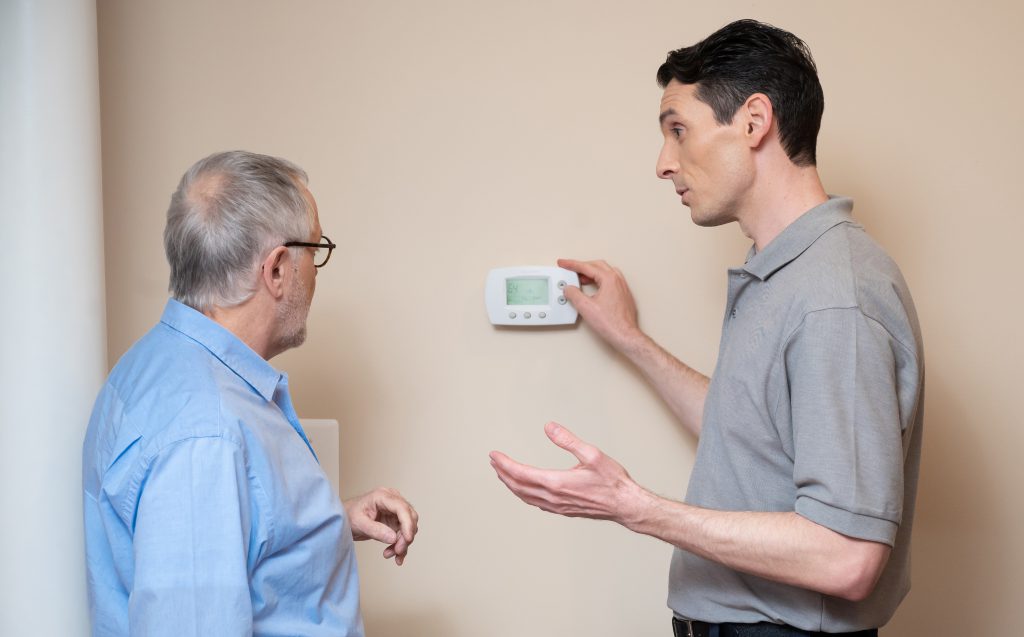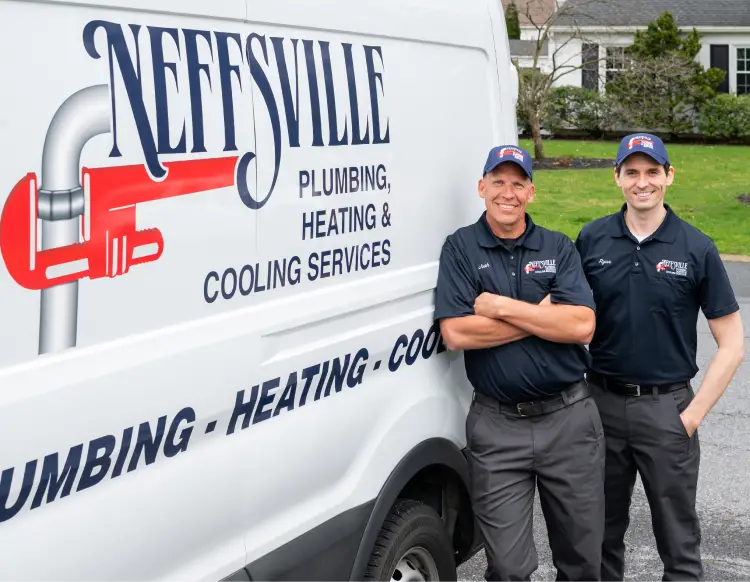
Winter weather drives many of us to spend more time indoors. However, our cozy homes can sometimes harbor pollutants and compromise indoor air quality (IAQ), leading to health issues and discomfort. This guide explores the importance of winter indoor air quality and offers practical tips to enhance it, ensuring a healthier and more comfortable home for you and your family.
What Is Indoor Air Quality?
Indoor air quality is defined by the air quality within and around buildings, including your home. Understanding common pollutants can help reduce your risk of indoor health concerns.
What Are the Main Sources That Affect Indoor Air Quality?
Your home’s indoor air quality can be affected by several different factors, and it has nothing to do with that pile of dirty laundry or last night’s garlic-infused dinner.
Here are some sources of your home’s indoor air pollution:
- Newly installed flooring, upholstery, or carpet
- Excess moisture
- Radon
- Fuel-burning combustion appliances, including fireplaces, dryers, stoves, and space heaters
- Central heating and cooling systems
- Products for household cleaning
Why Would My Home’s Indoor Air Quality Get Worse in the Winter?
During winter, several factors can contribute to the decline in your home’s indoor air quality:
- Reduced ventilation: To keep out chilly temperatures, most homeowners look to seal drafts and keep windows and doors shut, which reduces ventilation and traps pollutants indoors.
- Increased indoor pollutants: Naturally, since you’re spending more time indoors in winter, you’re contributing more pollutants into the air, like burning candles or using appliances.
- Indoor allergens: Dust, pet dander, and mold can thrive in warm environments, and since you’re spending more time indoors, you’re exposed more to these elements.
How Can You Improve Your Home’s Indoor Air Quality?
- Control humidity: By using a room or whole-home humidifier, you can maintain indoor humidity levels between 30-50 %, reducing the opportunity for mold to grow.
- Consider installing air purifiers and air scrubbers: High-efficiency air filters in HVAC systems can capture airborne particles and allergens. Portable air purifiers can be used in specific rooms to supplement indoor air filtration. A whole-home air scrubber or air purification system can be installed directly into your HVAC system and ductwork to remove air pollution and the things that cause it.
- Proper ventilation: While you won’t want to open the screen door to help move air through your home in the winter, you can use exhaust fans in kitchens and bathrooms to remove moisture and pollutants.
- Opt to use low volatile organic compound products (VOCs): VOCs can be found in paints, aerosol sprays, cleaners, carpets, and building materials. Store these materials outside the home and use them in a well-ventilated area.
Choose Neffsville Heating & Cooling for Indoor Air Quality Services in South Central PA
You and your family spend a lot of time indoors during the winter months. Take comfort in knowing your home’s indoor air quality is safe and healthy. At Neffsville Plumbing, Heating & Cooling Services, our team can ensure your home’s heating and cooling system contributes to healthy air quality within your home. We can help improve that air quality by installing advanced air scrubber and air purifier solutions for your home.
Call us at (717) 625-1000 now to schedule indoor air quality services with a member of our team.







